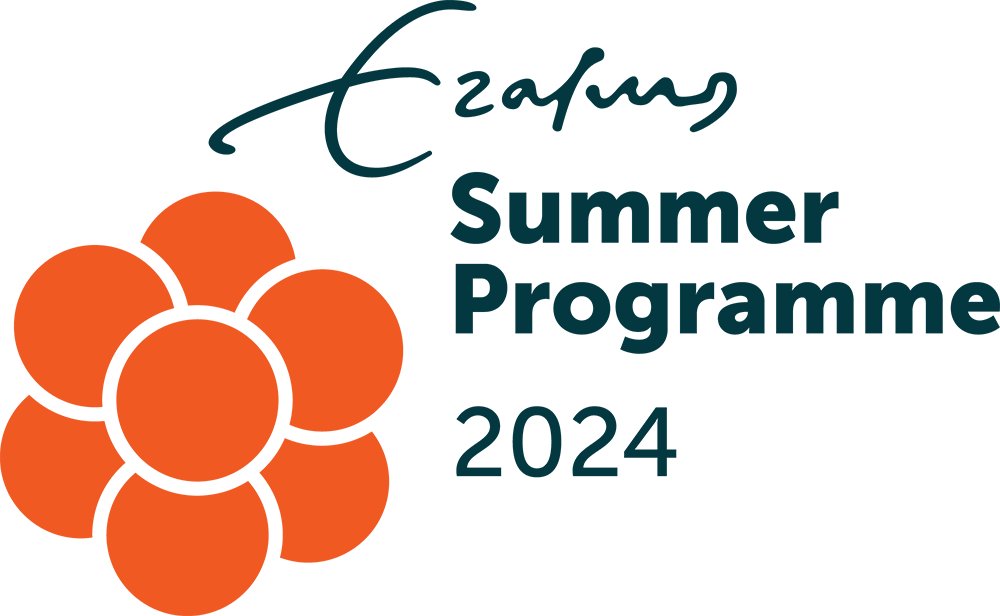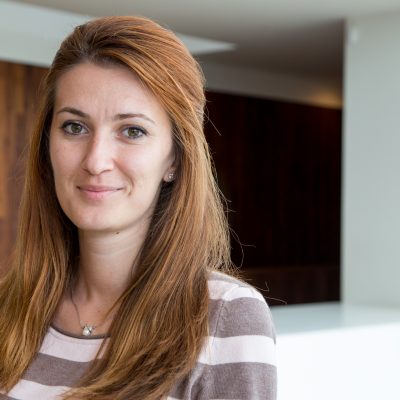Erasmus Summer Programme Courses
Take a look at all the courses in the Erasmus Summer Programme, and find the course right for you.
View all ESP coursesCourse highlights
Months
Design your programme
Use our Programme Configurator to design and plan your own programme.
Configurator


